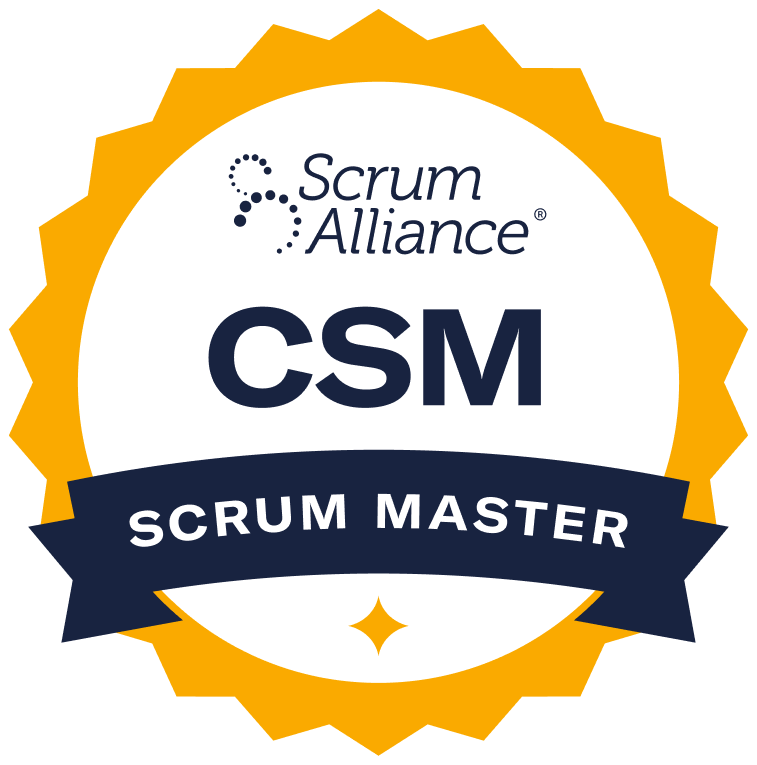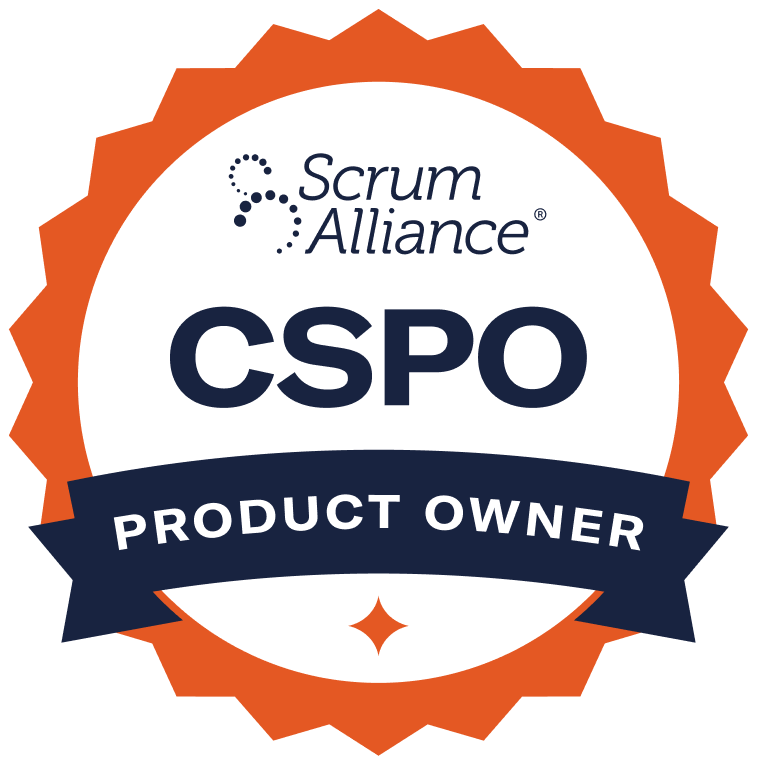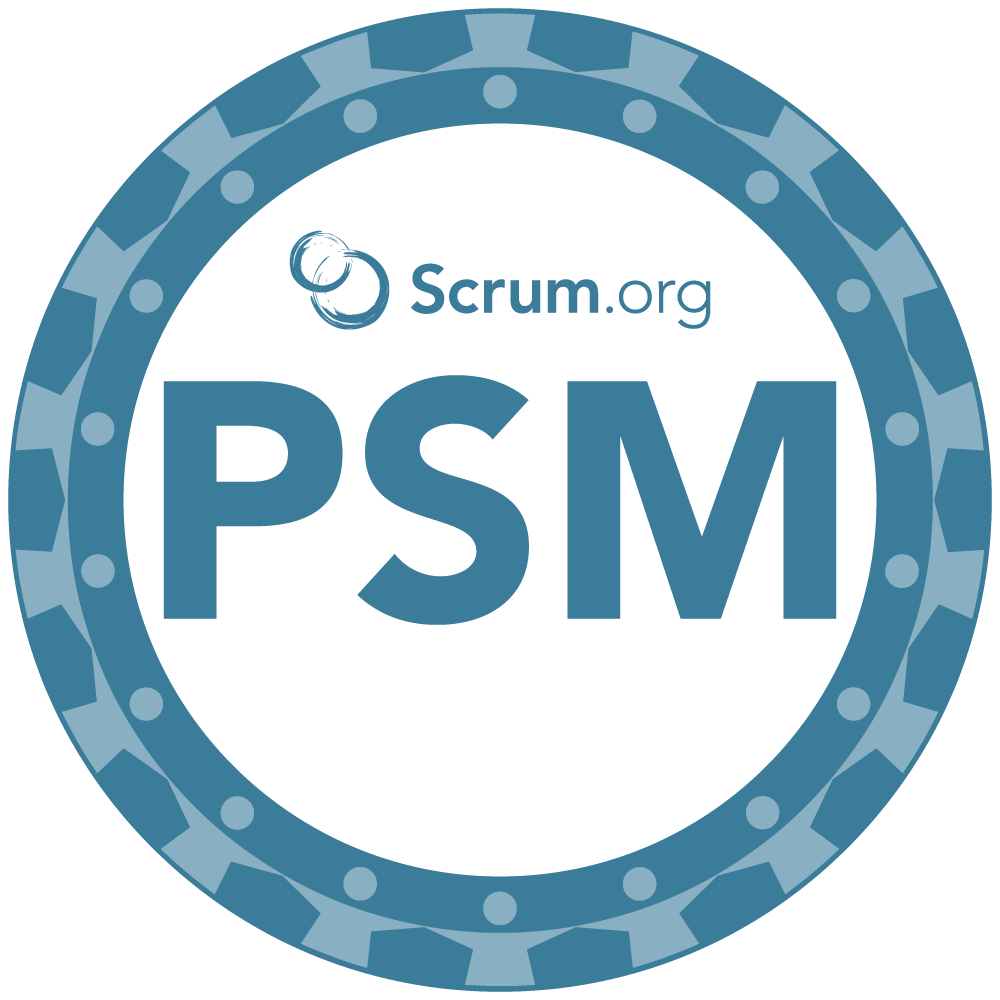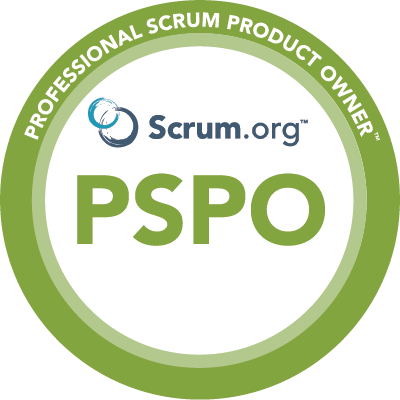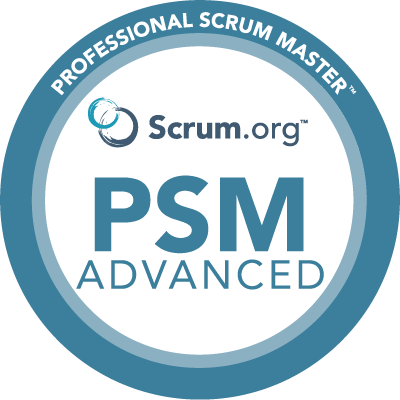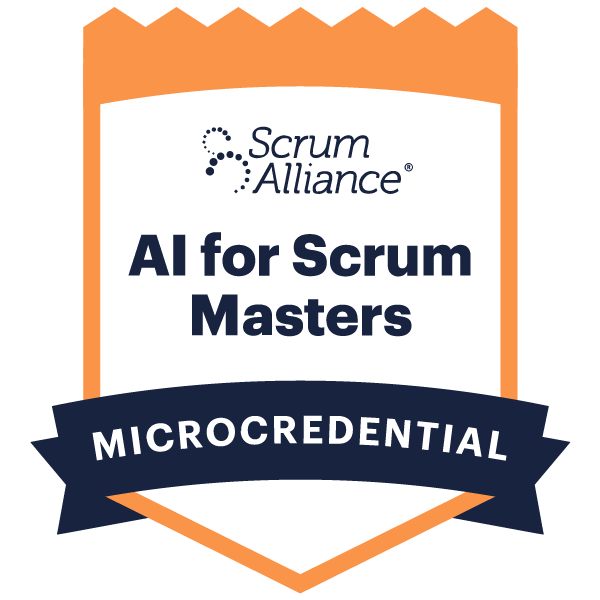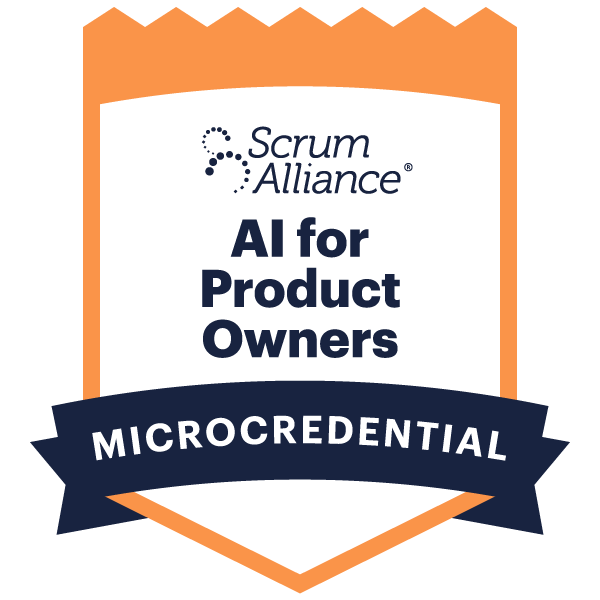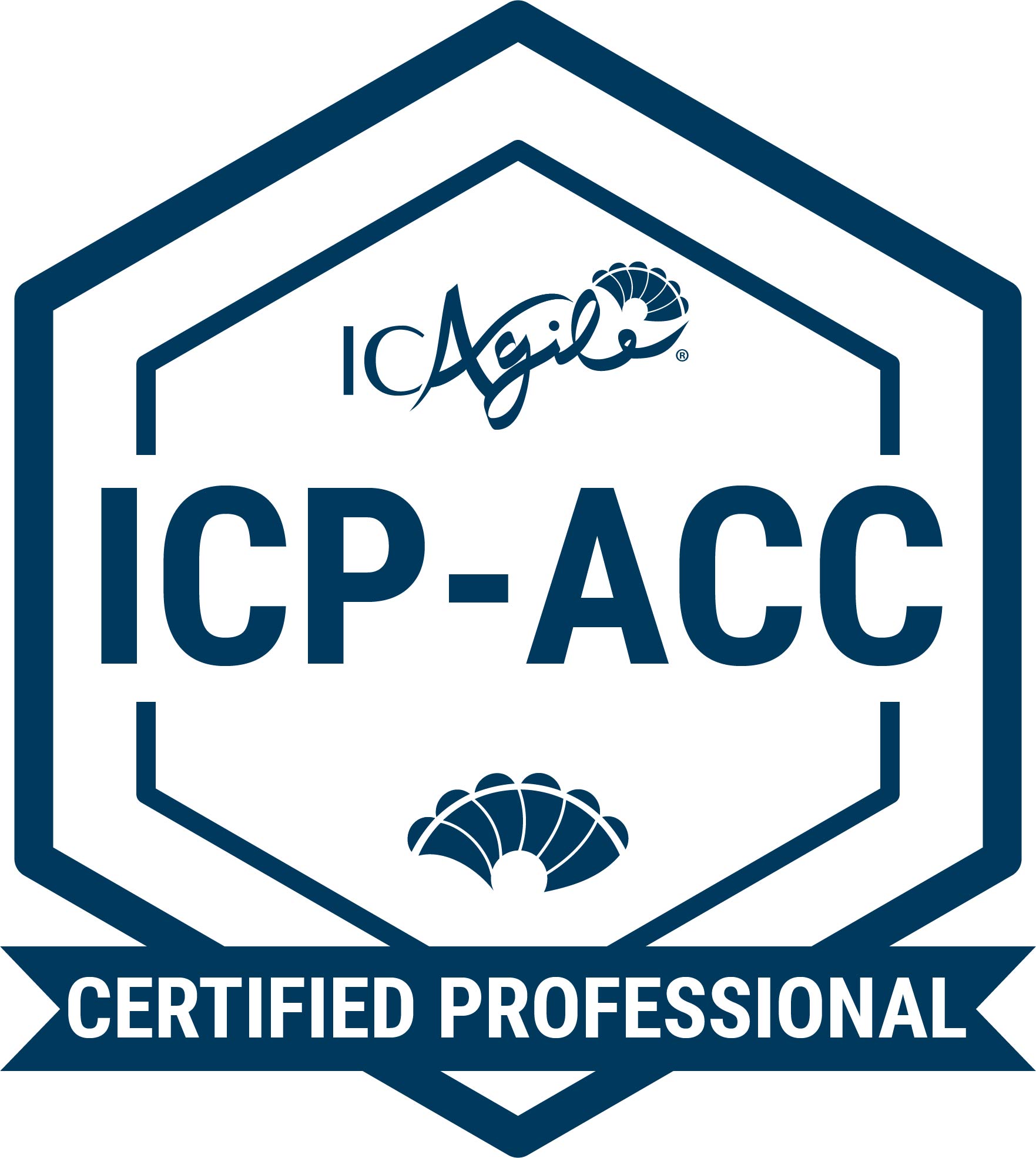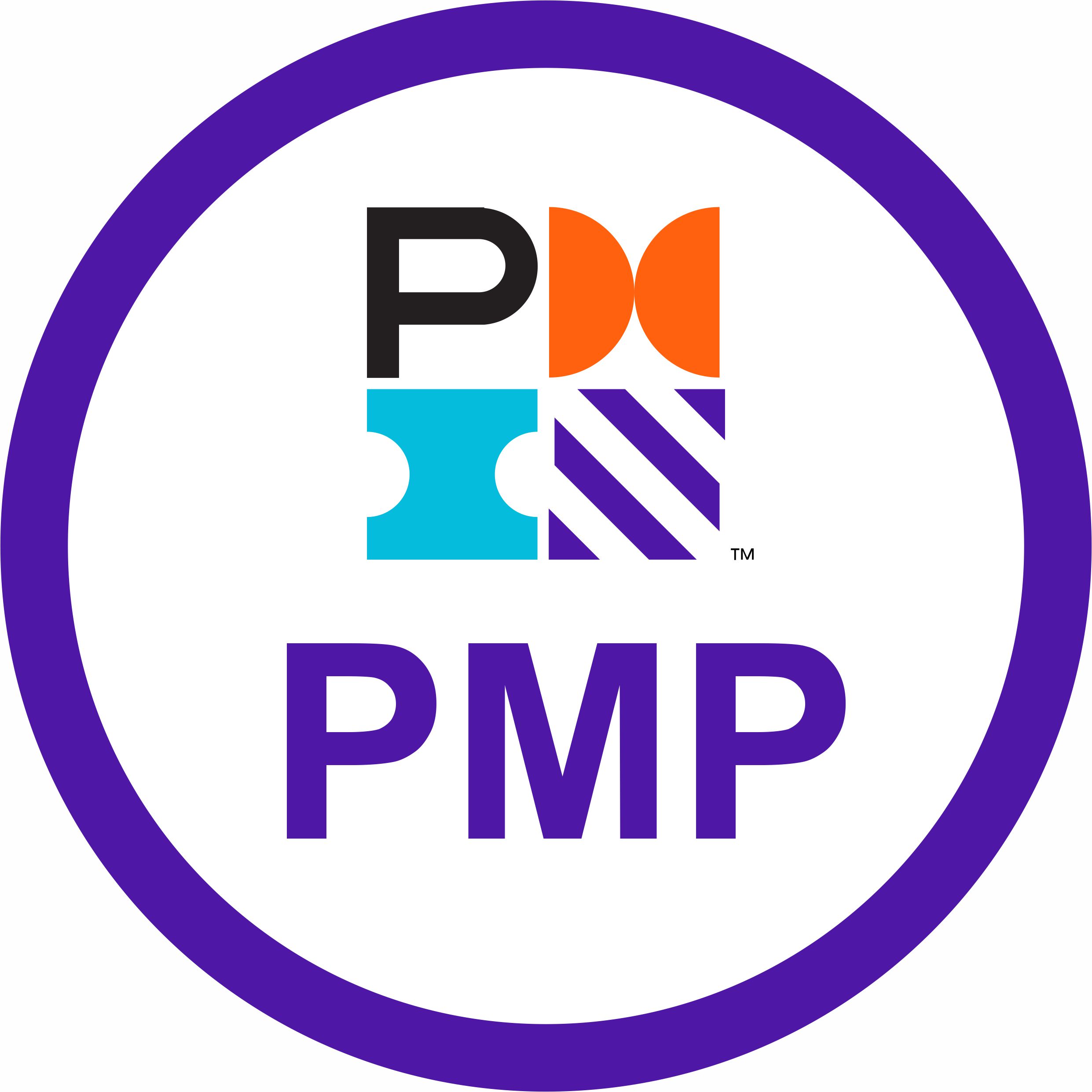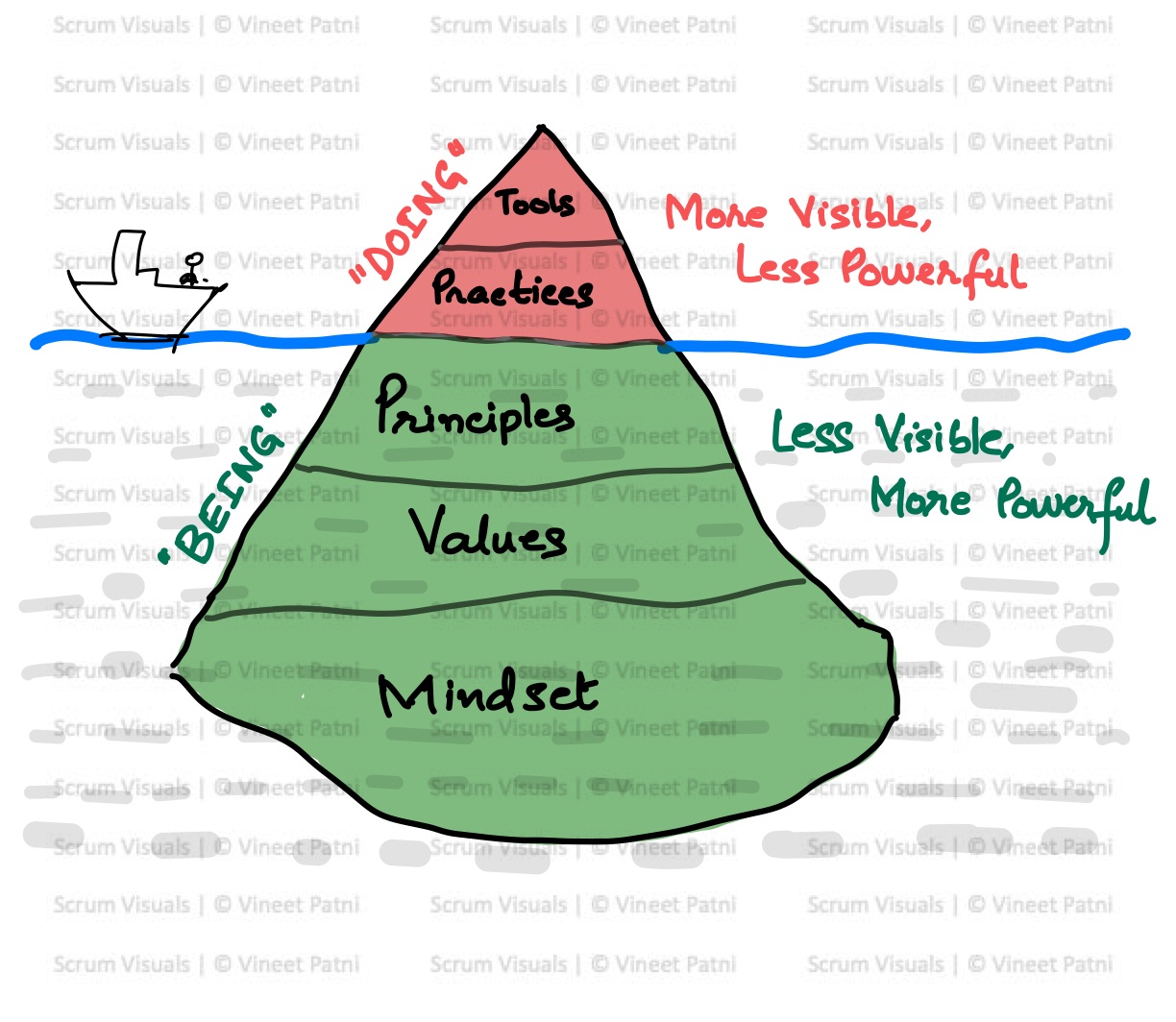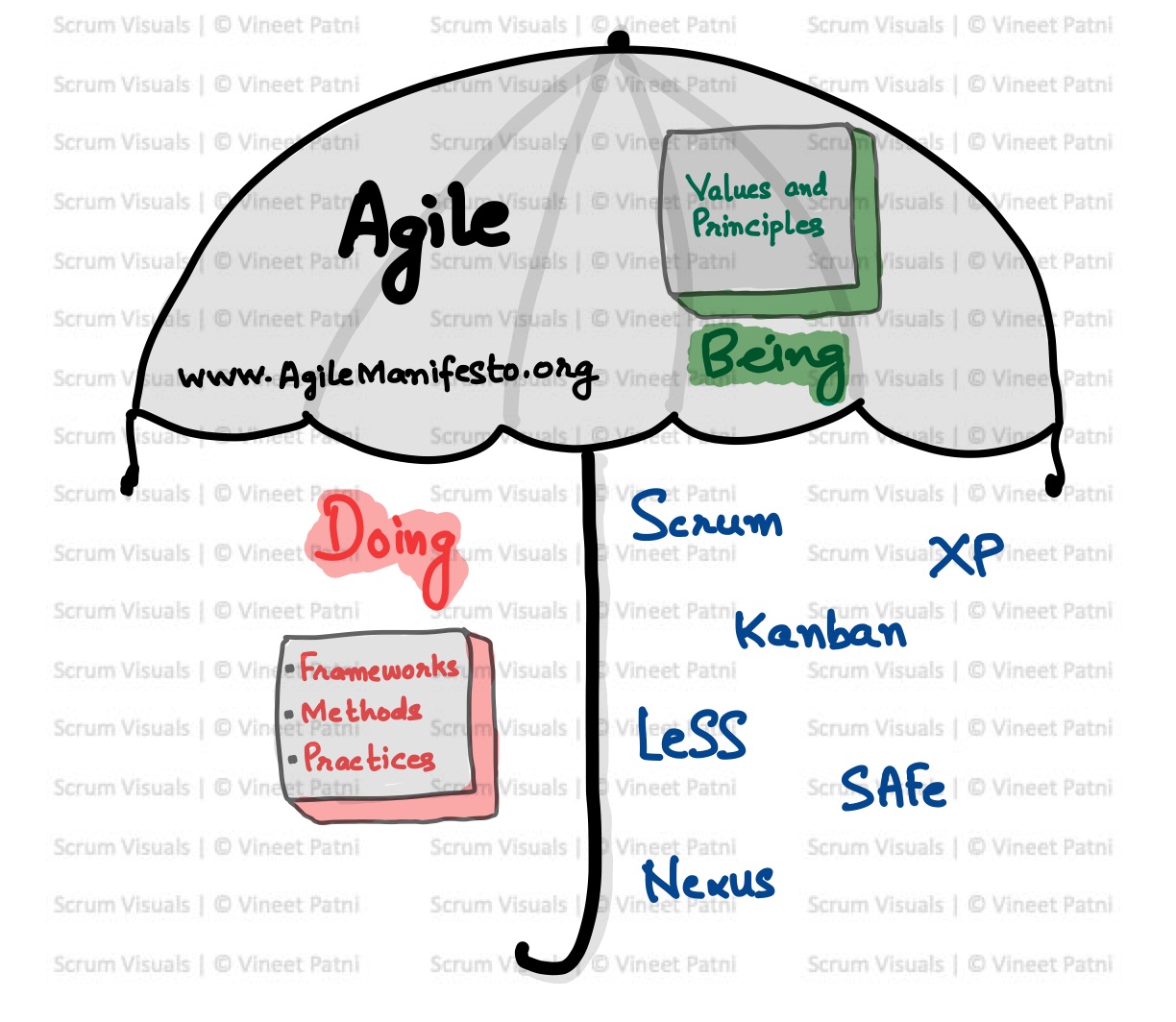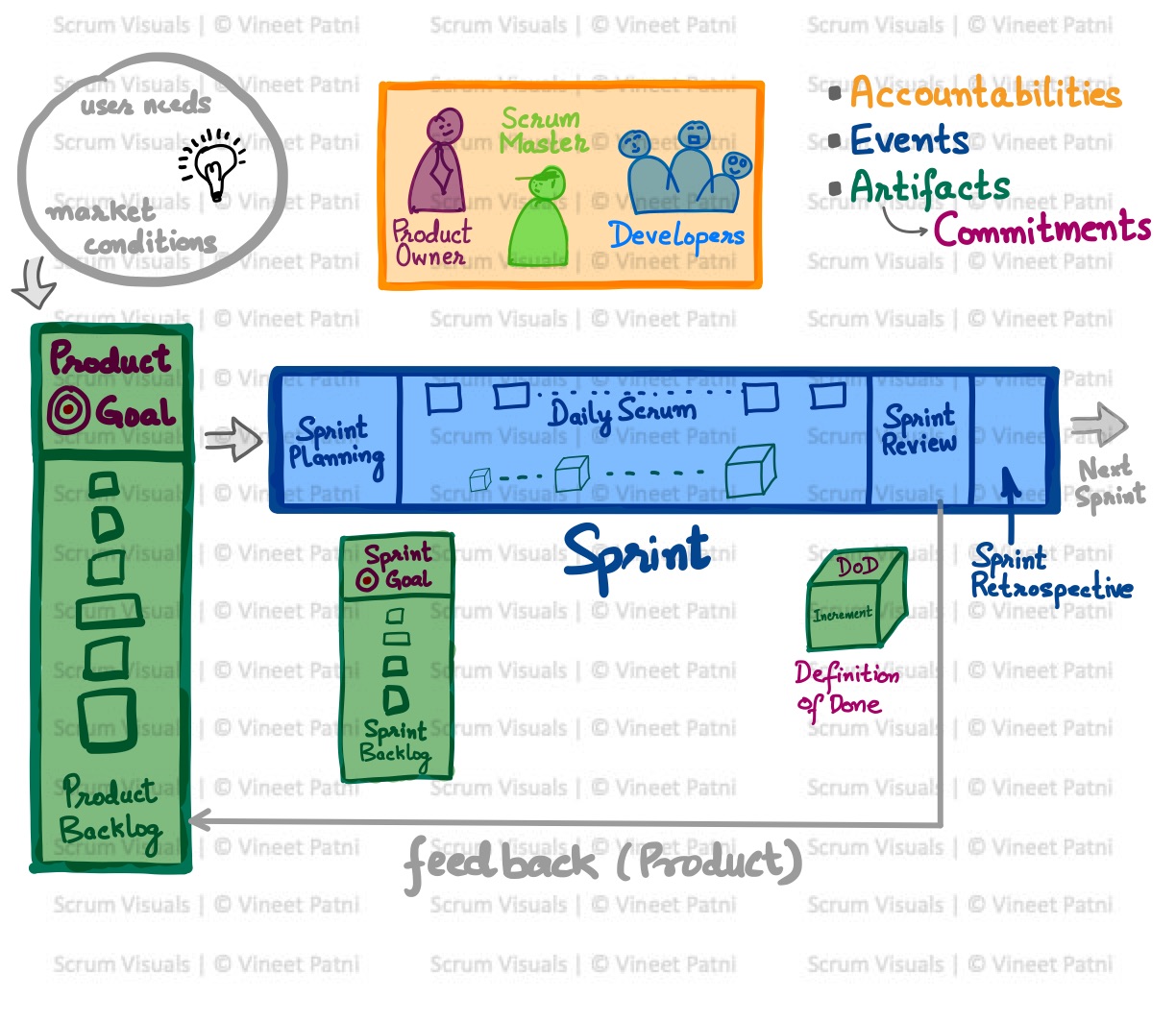CSM vs PSM vs SSM: A Complete Guide to Choosing the Right Scrum Master Certification
In today’s Agile-driven work environment, Scrum Masters play a pivotal role in enabling high-performing teams, fostering collaboration, and enabling removal of impediments. But with multiple globally recognized certifications—Certified ScrumMaster® (CSM), Professional Scrum Master™ (PSM), and SAFe® Scrum Master (SSM)—professionals often wonder: Which certification is right for me?
Whether you’re starting your Agile journey or targeting enterprise-level roles, understanding the difference between these certifications will help you make an informed, strategic decision.
Let’s break it down.
1. Overview of Each Certification
Certified ScrumMaster® (CSM®) – Scrum Alliance
The CSM® is one of the most popular entry-level Scrum certifications. It focuses on Scrum values, events, artifacts, and the role of a Scrum Master as a facilitator and servant leader. The CSM training emphasizes people skills, facilitation, and team coaching.
Ideal for: Beginners or professionals looking for a foundational understanding of Scrum and a strong global community.
Professional Scrum Master™ (PSM I) – Scrum.org
The PSM I is known for its rigor and depth. It emphasizes a strong understanding of Scrum theory, empiricism, and real-world application. You can take the exam without mandatory training, making it flexible and cost-effective. PSM-I certification has life-time validity.
Ideal for: Professionals who want deep conceptual mastery and a lifetime certification.
SAFe® Scrum Master (SSM) – Scaled Agile
The SSM certification prepares you to work as a Scrum Master in organizations practicing Scaled Agile Framework (SAFe®). It blends Scrum fundamentals with scaling concepts such as PI Planning, ARTs (Agile Release Trains), and cross-team coordination.
Ideal for: Those targeting mid- to large-scale enterprises that run SAFe®.
2. Certification Comparison Table
| Criteria | CSM® | PSM I | SAFe® SSM |
| Accreditation Body | Scrum Alliance | Scrum.org | Scaled Agile |
| Focus Area | Scrum theory, empiricism, facilitation, team coaching | Scrum theory, empiricism, deeper conceptual understanding | Scrum + SAFe®, enterprise-level practices |
| Training Requirement | Mandatory (2-day training) | Optional | Mandatory (2-day training) |
| Certification Validity | 2 years (renewal required) | Lifetime | 1 year (renewal required) |
| Renewal | USD 100 + 20 SEUs every 2 years | Not required | USD 195 |
| Exam Difficulty | Moderate | High (conceptual depth) | Moderate |
| Exam Details | 50 questions, 60 mins | 80 questions, 60 mins | 45 questions, 90 mins |
| Passing Score | 74% | 85% | ~73% (varies) |
| Intended Audience | Beginners & transitioning professionals | Beginners & Practitioners who want deep expertise | Scrum Masters working in scaled environments |
| Credibility in Industry | High | High | High in SAFe® organizations |
| Cost Range | INR 20k–35k (training included) | USD 200 exam-only OR training fees vary. For training and 2 PSM exam attempts, for participants living in India, fees ranges from 19k-24k plus taxes | INR 35k–50k (training included) |
3. Curriculum Focus
CSM® covers:
- Scrum roles, events, artifacts, commitments
- Scrum theory & Scrum Values
- Empiricism and its applications
- Deeper understanding of Scrum Master stances
- Servant leadership
- Team facilitation & conflict resolution
- Coaching skills
- Understanding Agile values
Strength: Strong foundation and people-centric focus.
PSM I Covers:
- Scrum roles, events, artifacts, commitments
- Scrum theory & Scrum Values
- Empiricism and its applications
- Deeper understanding of Scrum Master stances
- Servant leadership
- Team facilitation & conflict resolution
- Coaching skills
- Understanding Agile values
- Practical application through scenario-based thinking
Strength: Rigor, depth, and real-world conceptual clarity.
SAFe® SSM Covers:
- Scrum fundamentals
- SAFe® Lean-Agile mindset
- Planning & executing PI (Program Increment)
- Working with Agile Release Trains
- Cross-team collaboration, scaling, and dependencies
Strength: Enterprise context and scaling knowledge.
4. Which One Should You Choose?
Choose CSM® if:
- You are new to Scrum or Agile
- You value community, networking, and continuous learning via SEUs
- You want strong foundational knowledge with facilitator skills
Choose PSM I if:
- You want a lifetime certification
- You prefer conceptual depth over facilitation-heavy content
- You want a more challenging exam that tests real understanding
Choose SAFe® SSM if:
- You work in or plan to join mid/large enterprises practicing SAFe®
- You want to understand scaling, ARTs, and PI Planning
- You aim for roles in Agile transformation initiatives
5. Final Verdict
Each certification has unique strengths:
- CSM® → Great for beginners; strong emphasis on servant leadership and team coaching
- PSM I → Ideal for depth, rigor, and lifetime validity
- SAFe® SSM → Perfect for enterprise Agile roles and scaling environments
Your choice should align with your organization’s context, career goals, and the type of Agile ecosystem you want to work in.
Upcoming Trainings
← Scroll to see more →


